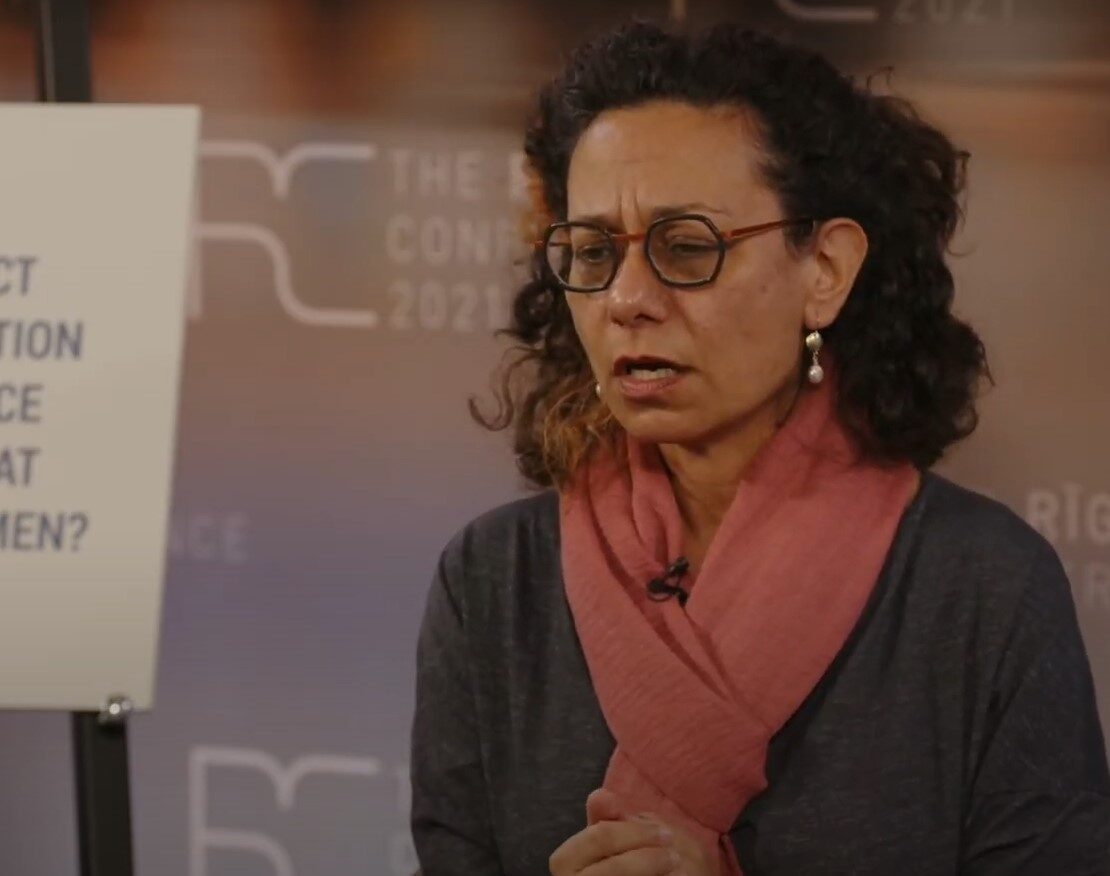Panel Participants:
H.E. Kevin Rex, Ambassador of Canada to Latvia, Lithuania, and Estonia
Dr Sarai Aharoni, Lecturer at the Ben Gurion University of the Negev
Lena Lastivka-Mokrenchuk, Press Officer, Operational Command “North”, Ukraine
Moderator:
Prof Žaneta Ozoliņa, Chairwoman of the Latvian Transatlantic Organisation
The initial prompt is that under current trends, the gender gap will only close in 135 years, with more to attain parity in politics and other topics. The question is thus how to do this faster.
The first panelist highlights that any initiatives on women in post-conflict situations must increasingly be tangible. Local politicians, activists and people generally have to make any initiatives in favor of, for example, implementing Resolution 1325 such that they affect the women on the ground in a noticeable way. This can be via laws, or by making women participate in negotiation processes, or the protection of women during armed conflict, or awareness raising campaigns, etc. There are a lot of new ways in which the resolution is implemented, and these ways need to be consolidated and analyzed now to find out which are the most effective and why.
The next panelist brought up the Canadian perspective on fostering the position of women, highlighting that there is n institutionalized feminist approach in Canadian foreign policy that aims to place the gender issue on the table in all of the nation’s missions. Programming is done through a gender-based analytical perspective, to ensure that public officials of all levels are exposed to feminist policy. Canada aims to build gender-conscious policy through all levels of government to ensure that education and awareness are increasingly present instead of being marginalized. Canada has also set an ambassador for women peace and security, alongside a variety of other initiatives.
Discussants highlighted that it is important to not take small examples of good initiatives as representative of a broader success. Though Latvia has good indicators in terms of the participation of women in leadership and other male-dominated positions, general gender equality is still low. Thus, governments and policymakers should be careful to not become complacent.
Context matters, however – between different cultures, and different conflicts, the women, peace, and security agenda will differ. Sometimes laws may not be as powerful as enabled non-governmental networks of women and their allies. In Israel, these grassroots communities, for example, are adapted to be able to move the agenda forward in a protracted conflict setting. In Ukraine, however, the situation is different – because of a different cultural context, in Ukraine the Women, peace and Security agenda is much more institutionalized.
Ultimately panelists agreed that the role of women in positions relevant to deciding the outcome o f post-conflict reconstruction and resilience building has increased. Resolution 1325 has been moving slowly, but it has been moving, which is laudable. The issue of making it more effective is more a matter of building on the Resolution at a national level, in which other organizations like the European Union can be helpful to foster better outcomes.

